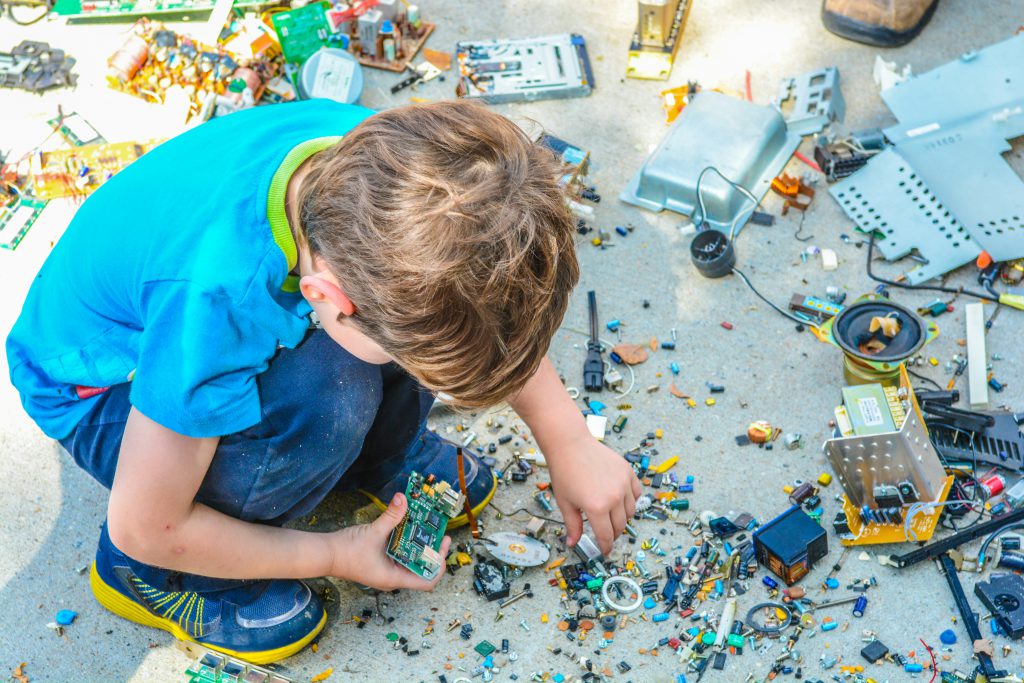Play Therapy
Play therapy is a structured, evidence-based form of therapy that helps children express emotions, process experiences, and develop coping skills through play. Since children may struggle to articulate their thoughts and feelings through words, play therapy allows them to communicate in a natural, developmentally appropriate way.
What is Play Therapy?
A trained therapist provides toys, games, art materials, or role-playing activities to create a safe space where children can explore their thoughts, behaviors, and emotions. The therapist observes and interacts to help the child express feelings, process trauma, and develop problem-solving skills.
How Can My Child benefit?
Play therapy is commonly used for children ages 3-12, but can also help teens and adults in some cases. It is effective for issues like anxiety, ADHD, autism, PTSD, grief, divorce, and behavioral disorders.
Play therapy isn’t just “playing”—it’s a powerful therapeutic tool that helps children work through emotions in a way they understand best.
- Association for Play Therapy (APT): APT encourages research demonstrating the value and effectiveness of play therapy, supporting evidence-based practices in the field.
- Play Therapy International (PTI): PTI is a leading professional organization supporting play therapy, emphasizing its global application and effectiveness.
- National Child Traumatic Stress Network (NCTSN): NCTSN acknowledges play therapy as a transformative and empowering approach in supporting child abuse survivors on their journey to healing and recovery.
What have studies shown?

Numerous studies have demonstrated the efficacy of play therapy in supporting children’s mental health. A meta-analysis of 17 randomized controlled trials found that play therapy significantly reduces symptoms of anxiety, depression, and behavioral issues in children
Further research highlights that play therapy leads to a notable decrease in negative emotions and behaviors, reinforcing its therapeutic value. These findings, along with support from reputable organizations, underscore the recognized effectiveness of play therapy in addressing a wide range of psychological and emotional challenges in children.
Speak Their Language
GAMES, ART, AND ROLE PLAYING
Process Emotions
Helps children process emotions like anxiety, grief, or anger.
Social Skills
Improves social skills and emotional regulation.
Healing
Aids in healing from trauma, abuse, or stressful experiences.
Confidence
Encourages self-expression and confidence.
